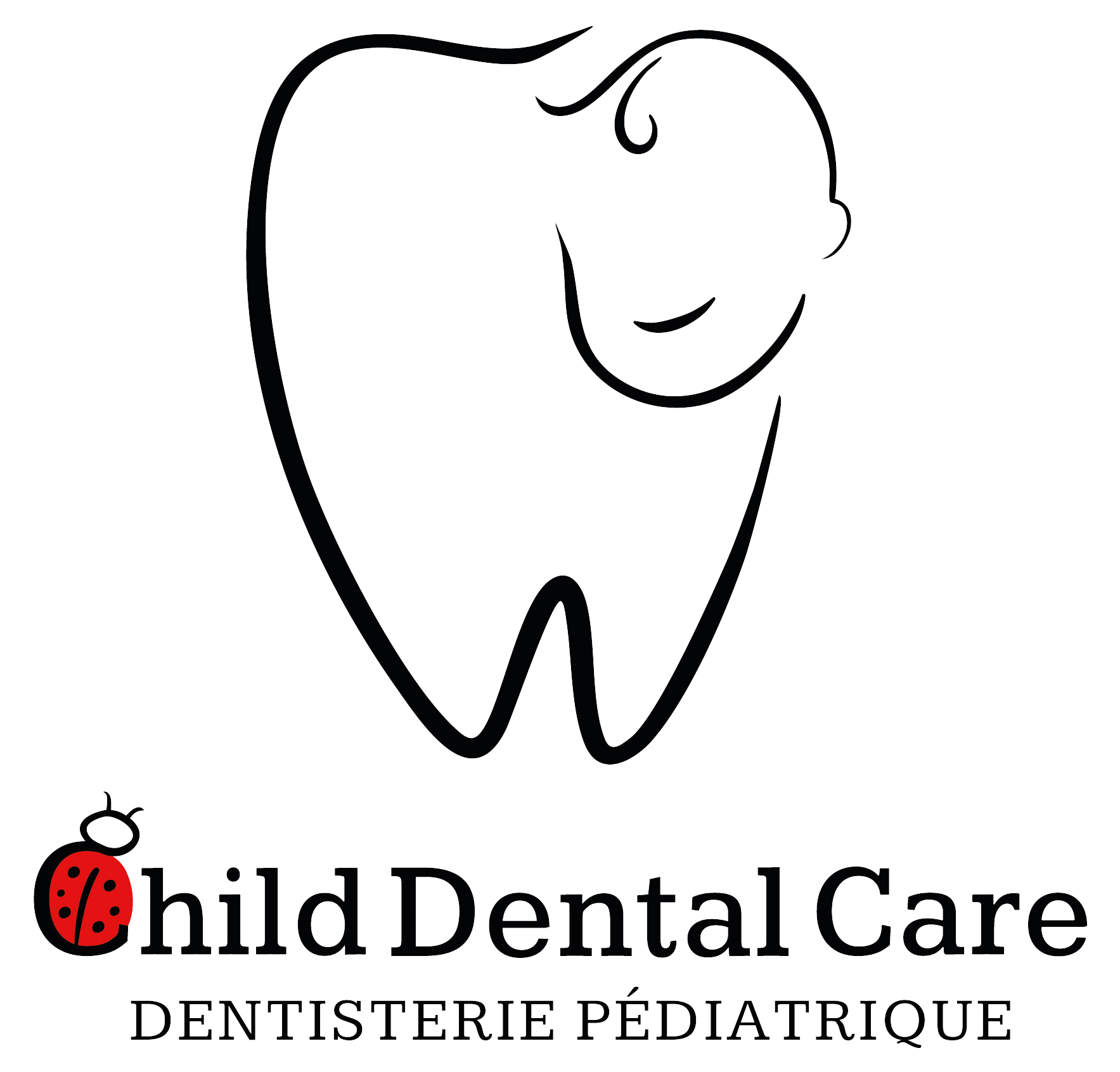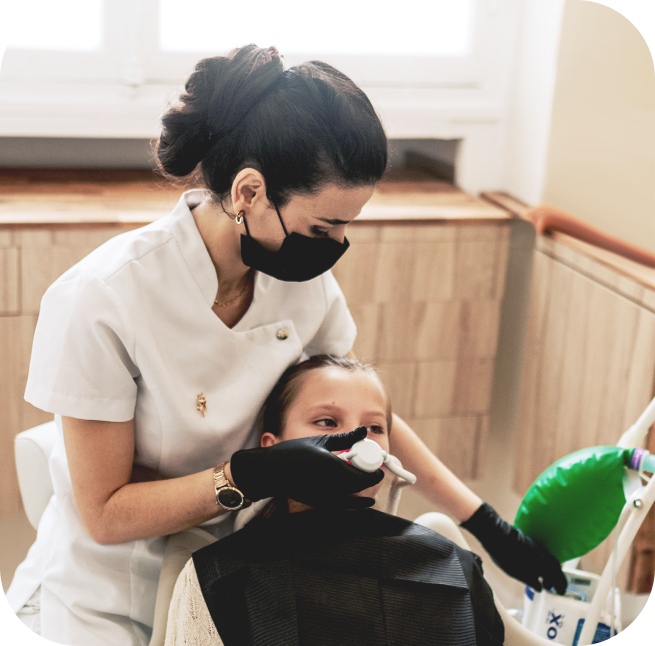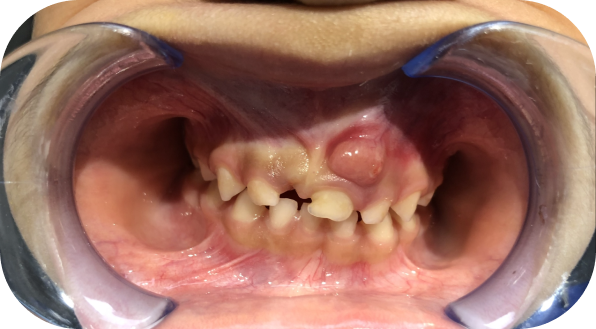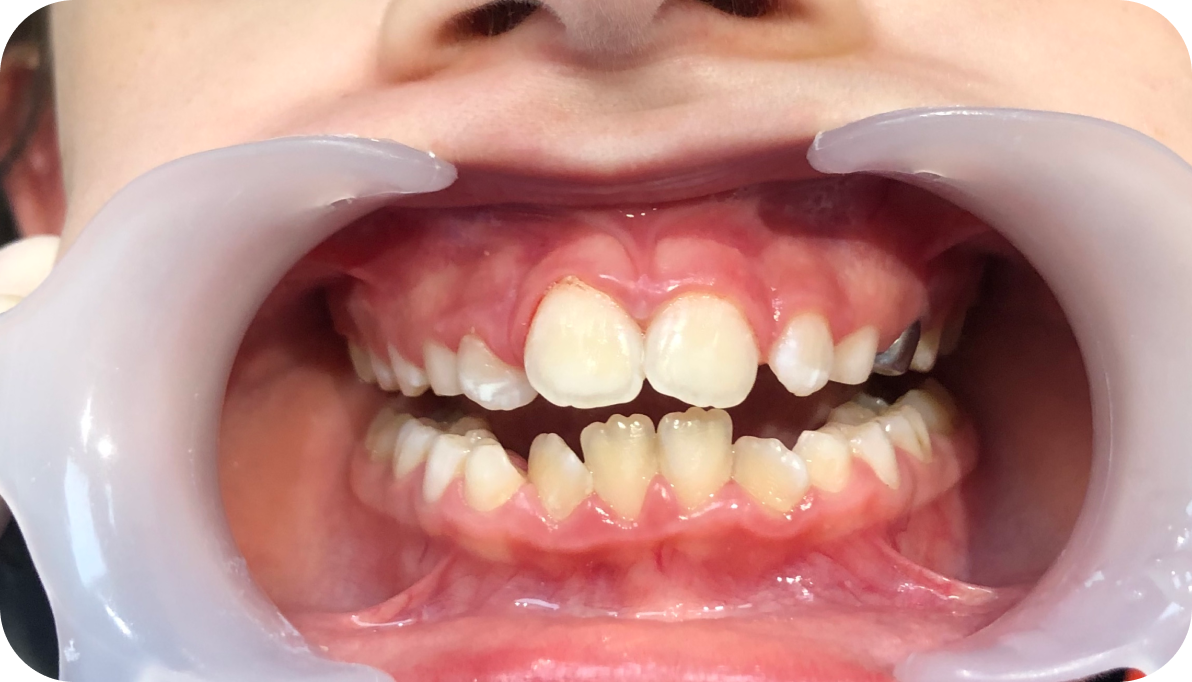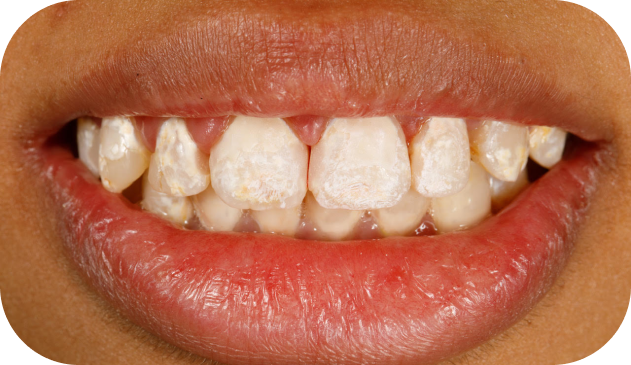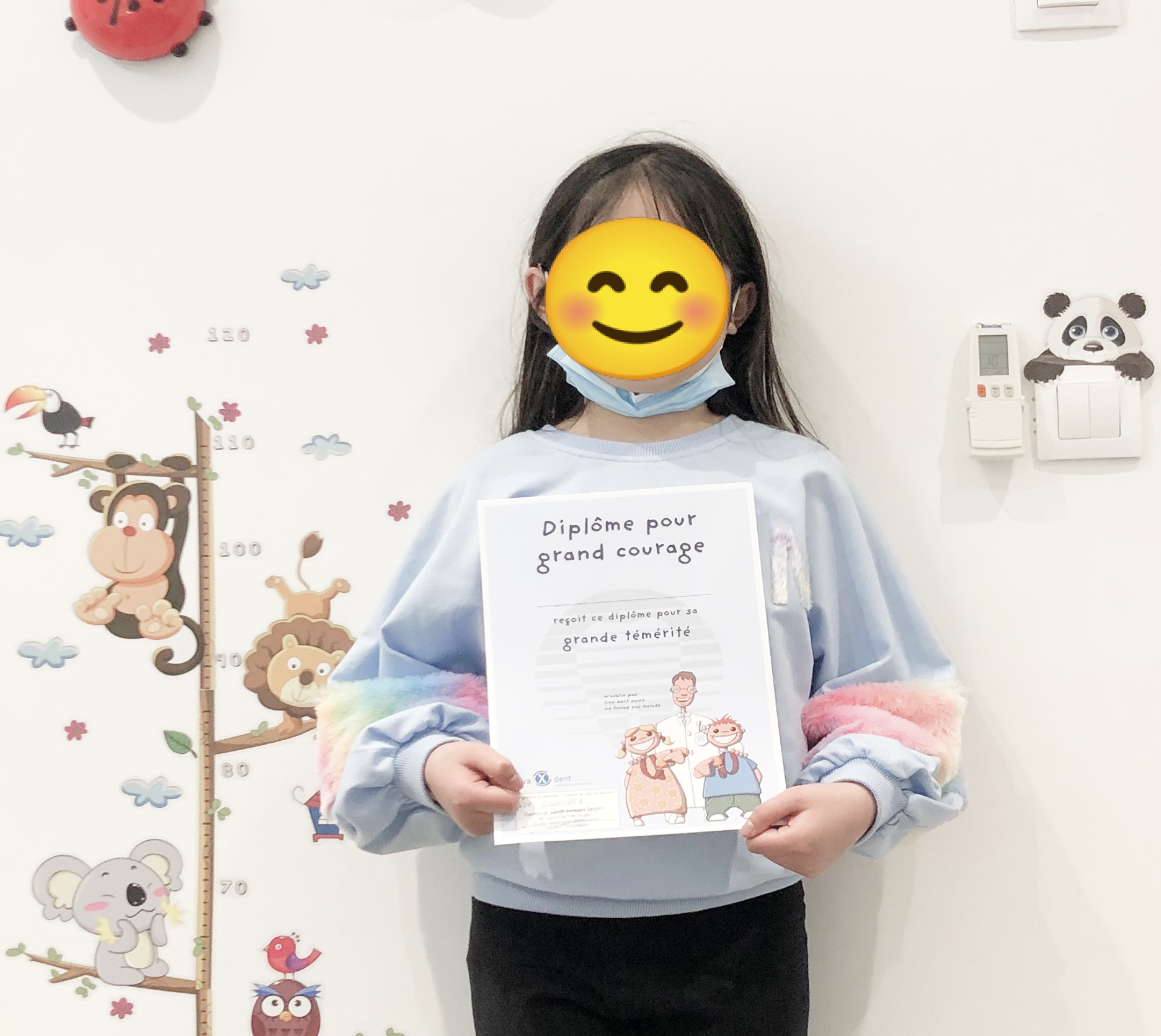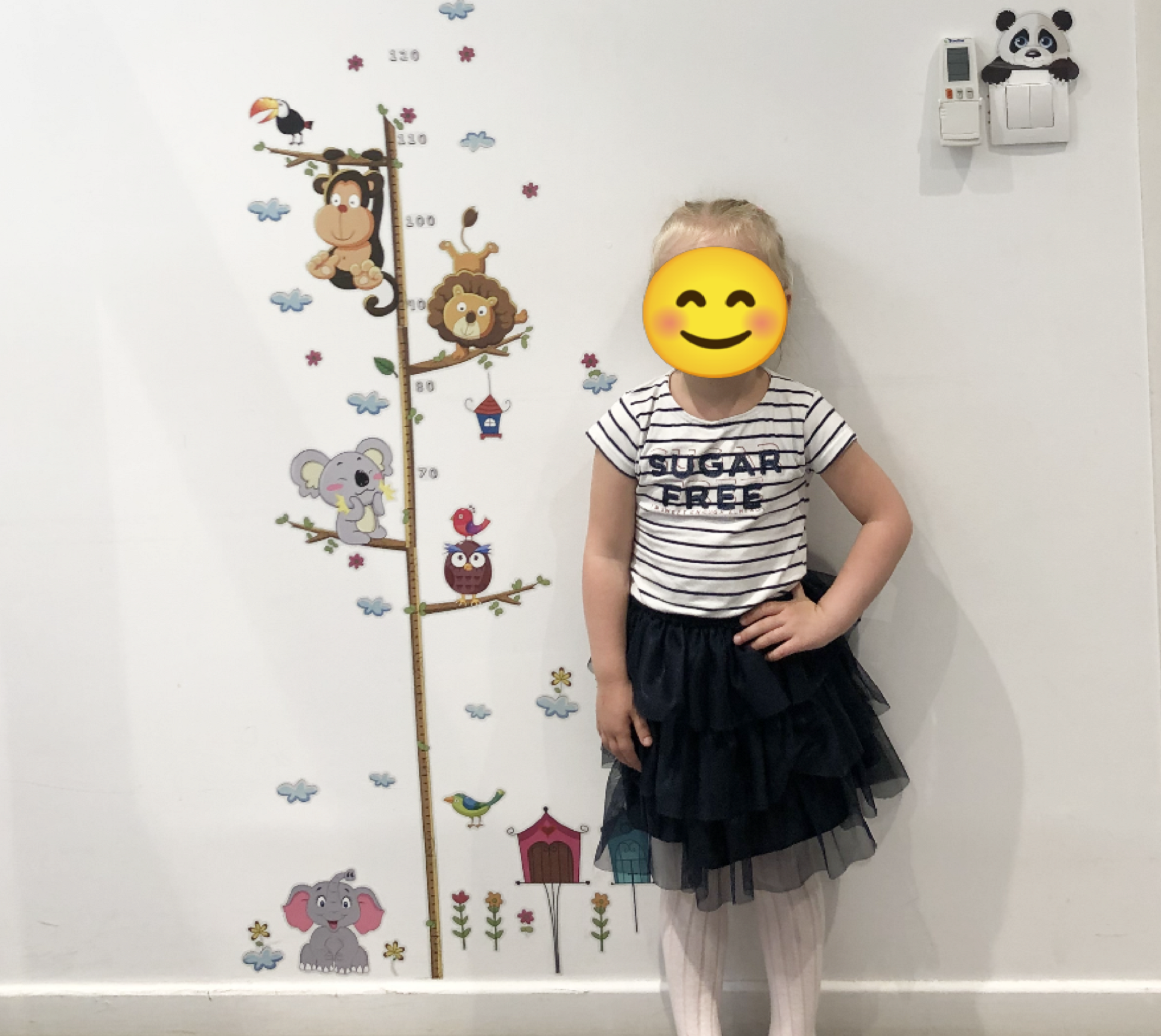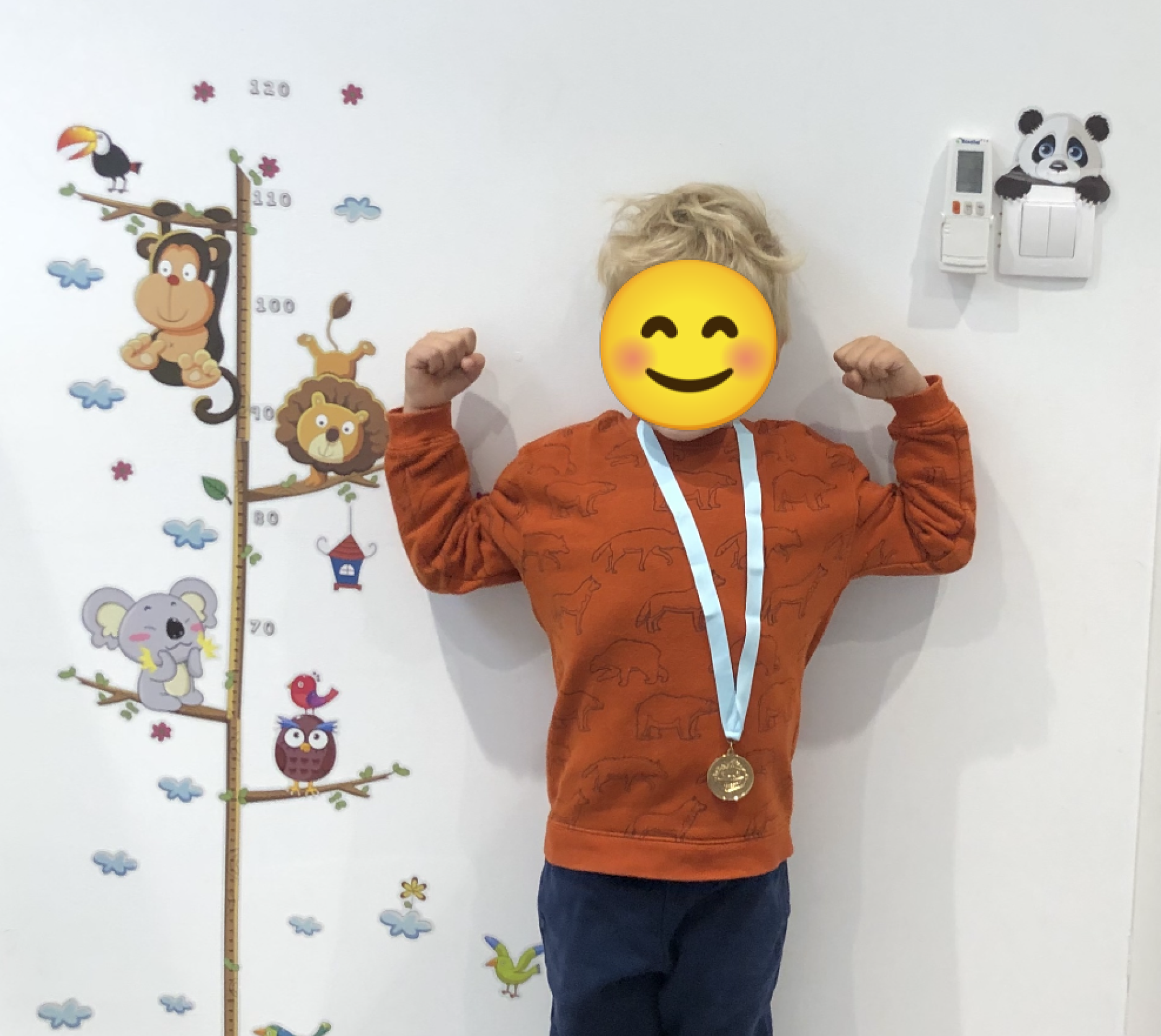Dental Care and Treatments
For Babies, Children, Adolescents in Paris 16 th
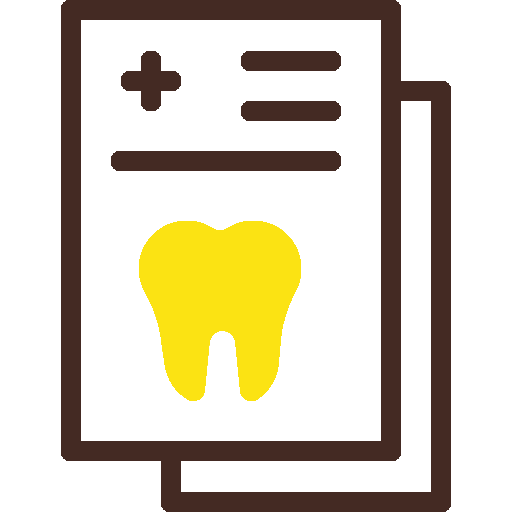
Dental Checkup and First Dental Consultation
The first consultation with a pedodontist is a key moment: it's a chance to get to know both the child and the parents, and to establish a relationship of trust, which is essential for future appointments.
Read more
With your help, Dr Ghazali and her team will do their best to make this first encounter a happy experience for your child.
Since it's essential to build trust and cooperation with your child , we don't perform any treatment on the day of this first check-up..
Dr Ghazali carries out a precise clinical examination - an assessment of individual caries risk, brushing, tooth and jaw growth, functional analysis of chewing, swallowing, and phonation, and detection of any dental anomalies - and a radiological examination if necessary, then draws up a diagnosis. Following this, Dr. Ghazali proposes a personalized treatment plan and schedules subsequent appointments. She explains the treatment to be carried out and answers any questions you may have.
The assessment will be adapted to the needs but also to the age of your child (clinical, radiological examination, scaling, fluoridation, brushing technique and dietary advice).

Prevention and Prophylaxis
Good eating habits and oral hygiene are essential for healthy teeth and to avoid cavities. The right reflexes? Avoid sweets, brush twice a day for 3 minutes - or after each meal - with an adapted toothbrush and toothpaste, and make regular appointments with a pedodontist.
Read more
Dr. Ghazali performs fluoridation or fluoride varnish, scaling and prophylactic tooth brushing, as well as prophylactic fissure sealing. Preventive fissure sealing is recommended as soon as the first permanent molars appear (6-year-old teeth). It involves filling the deep grooves of these teeth with fluid resin and fluoride cement to prevent cavities in these fragile areas, which are difficult for your young child to clean.
To help children acquire the right oral hygiene habits from an early age, the French health insurance scheme Assurance Maladie has set up an oral hygiene prevention and dental care program for children aged 3 and over. Called M'T Dents, it provides regular appointments at the ages most at risk of tooth decay. Reach out to know more.
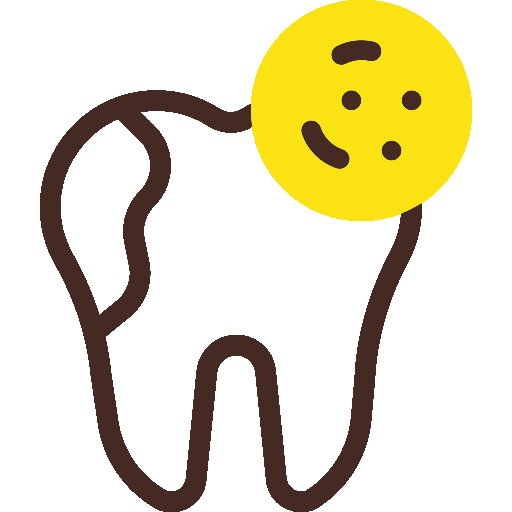
Caries Care – Conservative and Endodontic Care
Caries remains the most common disease worldwide. Despite proper oral hygiene, some children develop cavities. Others are even particularly vulnerable, with a high risk of caries (presence of dental malformations, orthodontic appliances, medication, etc.).
Read more
. Dr Maëlle Ghazali can diagnose caries lesions using an intra-oral camera, medical magnifier or digital radiology. Depending on the stage of development of the caries (incipient, progressing or which has reached the dentin), she performs the appropriate dental treatments.
Her approach is conservative: the goal is to treat while preserving the tissues and natural teeth as much as possible, whether the tooth is permanent or temporary (baby tooth).
If the tooth needs to be restored, Dr. Ghazali selects the most suitable material for your child: usually a composite or glass cement monomer (GCI) material, both of which are aesthetically pleasing and durable.
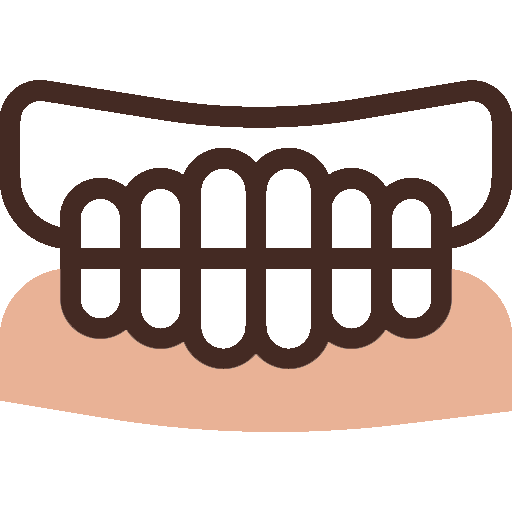
Labial Frenectomy in Children
Attaching lips and tongues to the jawbones, there are 7 brakes in the mouth! The brake on the upper lip (labial brake) influences dentition - the position of teeth - and the growth of bone and muscle tissue.
Read more
An abnormal and/or enlarged frenulum can lead to discomfort, malocclusion and an inter-incisal diastema - or happy teeth. This space between the front teeth can lead to orthodontic and dental problems: lack of space for adjacent teeth, pronunciation problems, gingival recession, periodontal lesions and breastfeeding difficulties in infants.
A frenectomy consists of making a small incision in the frenulum, which can be done under local anesthesia, but also under conscious sedation (MEOPA) if necessary. It's a fast intervention and commonly practiced.

Dental Care for Children with Autism Spectrum Disorders (ASD)
Children suffering from autism spectrum disorders (ASD), behavioral disorders or psychiatric disorders require personalized care combining pedagogy, psychology, benevolence and adaptation.
Read more
The key is to find the right balance between providing the dental care and treatment your child needs, and ensuring that the experience is not traumatic for him/her. Sometimes, several sessions will be necessary.
Reading, games, digital aids, MEOPA, Dr Ghazali will support you and can recommend learning tools for a calmer session!
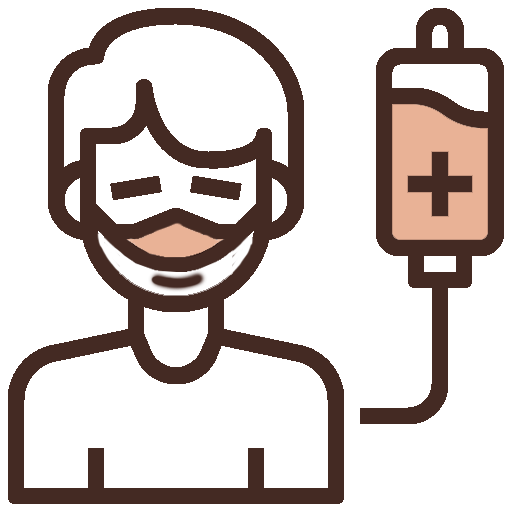
Specific Dental Care Under Conscious Sedation (MEOPA, Mask and Sedative Gas)
Is your child very young, anxious about dental care or fearful of the dentist? To ensure fearless, pain-free dental care, Dr. Ghazali uses MEOPA, the acronym for Mixture Equimolar of Oxygen and Nitrous Oxide, for conscious sedation and to ensure that the treatment runs smoothly and efficiently.
Read more
This laughing gas is administered through a nasal mask. It relaxes your child without putting him or her to sleep; this is known as conscious sedation, and isn’t a general anaesthetic. The child remains awake, aware and therefore more cooperative.
Depending on requirements, the mixture can be administered for all or part of the session, and its effect is reversible within 3 minutes of stopping the product.
While there is no need to fast, it is advisable to avoid a heavy meal in the 3 hours preceding the procedure.
Being a very common technique in Northern European countries and the United States, MEOPA is used in France in hospitals and has been authorized for liberal practice since January 2010.

Traumatology and Children's Dental Emergencies
A shock, a fall, one or more teeth - permanent or temporary - can be affected, particularly the incisors and canines. Whether the tooth is cracked, fractured, chipped, broken or knocked out, all types of dental trauma require immediate treatment to optimize the chances of success.
Read more
Milk teeth are very important for your child's development, and a shock at an early age could have lifelong repercussions on permanent teeth.

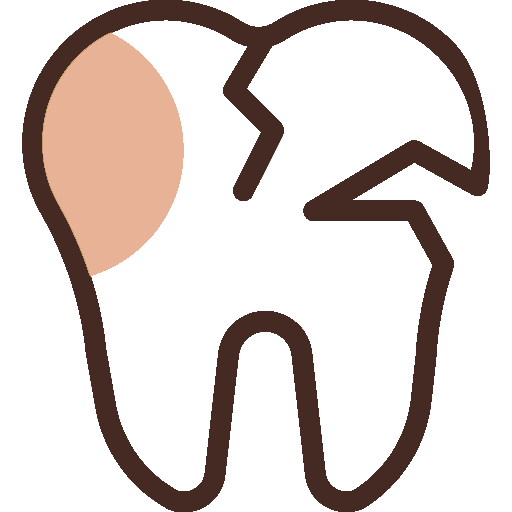
Dental Abnormalities and Enamel Defects
Are my child's teeth growing properly? Why aren't my child's teeth growing? What are those white or yellow spots on my child's teeth? Early detection of dental anomalies enables us to intervene earlier and provide optimized treatment.
Read more
Delayed eruption of teeth, impacted teeth or teeth growing in the wrong direction, jaw malformations, premature teething or enamel defects (stains on teeth, Molar-Incisor Hypomineralization (MIH)), Dr Ghazali can advise you and provide the right solutions.
MIH is highly prevalent, and manifests itself as white, yellow-brown spots on the incisors and first permanent molars. This anomaly may be the cause of several complications: dental hypersensitivity, pain when chewing and brushing, and consequent difficulty in maintaining good oral hygiene, leading to early onset of caries. In severe cases, stains on the front teeth can cause aesthetic damage.
The office is equipped with cutting-edge technologies allowing prevention and care to be carried out with less invasive techniques while preserving the structure of these already fragile teeth. Whatever the origin of opaque spots which appear on your children's permanent incisors, a resin infiltration treatment (ICON) could be indicated to improve aesthetics. As soon as permanent teeth appear, at the age of 6-7, this treatment can be considered.
1-White spots:
2-Amelogenesis imperfecta
3- MIH on the first permanent molar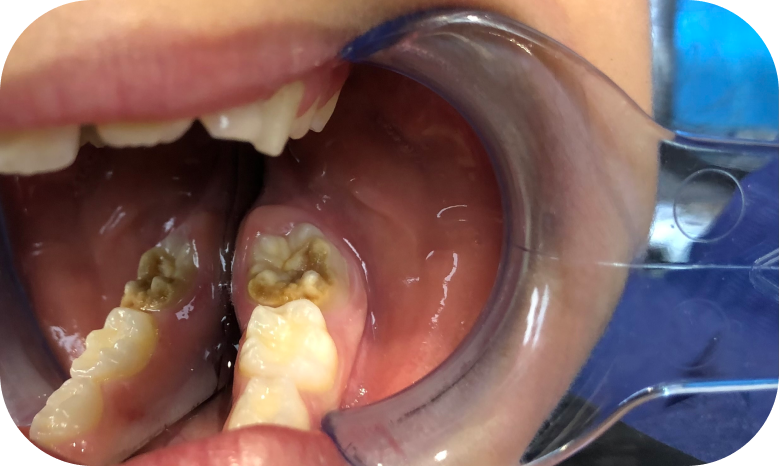
4- MIH on the permanent upper incisors
5- Pre-carious lesions (leukomas) due to orthodontic treatment and lack of brushing.
Children Medalized for Their Courage
Make an appointment with Dr Ghazali – Pediatric dentist in Paris 16th
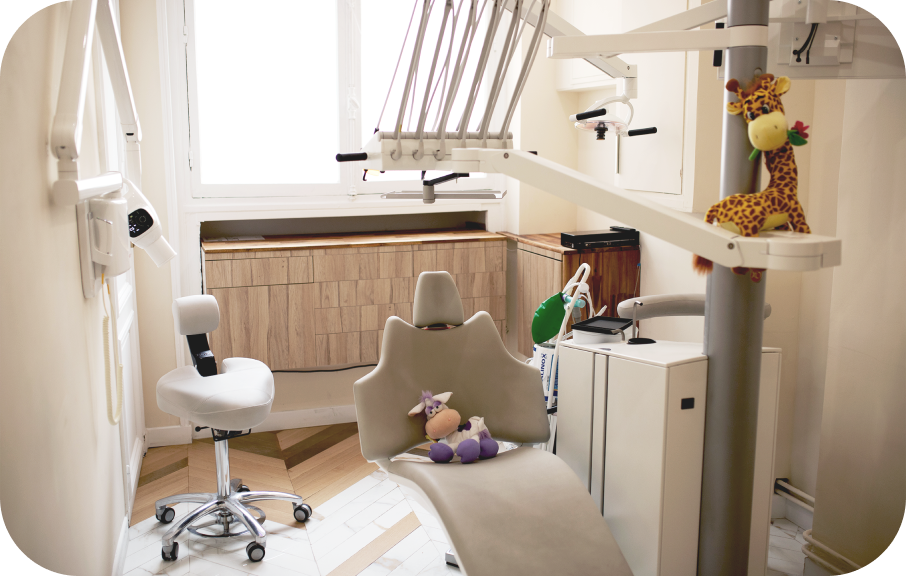
Maëlle Pediatric Dentist
Pediatric dentist in Paris 16th

